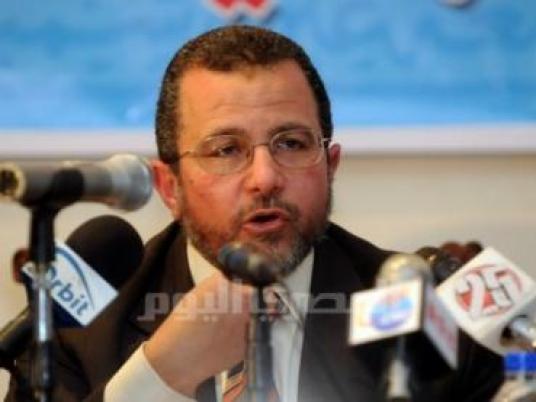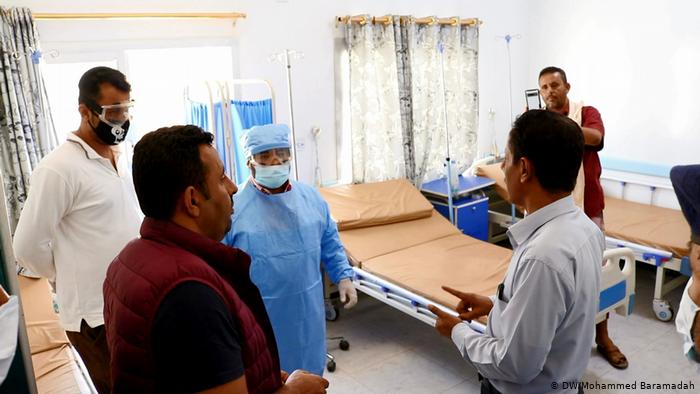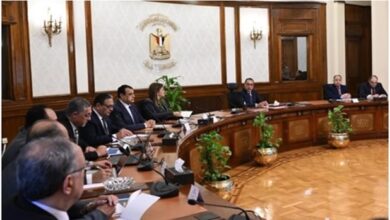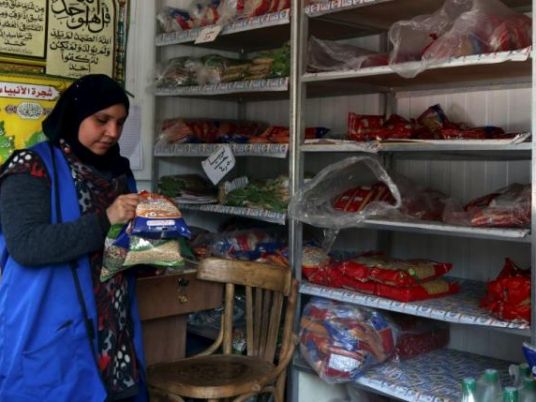
Anticipation and speculation over Cabinet nominations fill Egypt’s local newspapers as the announcement of the new ministers, scheduled for Thursday, approaches.
Each newspaper fishes for a piece of information to unveil the discussions and negotiations taking place behind closed doors with President Mohamed Morsy, Prime Minister Hesham Qandil and the potential candidates for the Cabinet.
Privately owned Al-Shorouk daily reports that candidates for economic ministries turned down the offers made by Qandil. They demanded complete freedom to work according to market mechanisms and international economic conditions rather than Morsy’s preset economic plan, according to anonymous sources close to the prime minister.
One of these banking experts who met with Qandil told Al-Shorouk that he refused the post because “the picture is vague, [and] the mandates are still unclear, including those of the president, the prime minister and the ministers.”
Candidates for the economic ministries are mainly comprised of people with close relations to the Muslim Brotherhood or to Morsy, as the Freedom and Justice Party aims to control the economy to apply its Renaissance Project, Al-Shorouk cited a source inside the Foreign Trade and Industry Ministry as saying.
The privately owned Al-Watan newspaper reports that the reason for the delay in the Cabinet announcement is the Supreme Council of the Armed Forces’ objected to nine of the candidates, particularly those for the service and economic ministries.
Qandil told Al-Watan that no minister received an official assignment yet and that the ministerial formation is still in the consultation stage. He said he hasn’t communicated directly with the SCAF about the new cabinet. The prime minister also denied that the SCAF intervened in appointing the interior, foreign and communication ministers. He rejected allocating quotas for political parties, saying appointments are based only on competency.
Privately owned Youm7, however, attributes the delayed government formation to “a real crisis in the Defense Ministry and the search for a legal way out to guarantee its independence from the prime minister so that Defense Minister Hussein Tantawi doesn’t attend government meetings headed by Qandil,” the paper quotes high-level sources as saying. There are tensions between Tantawi and Morsy as both enter into a power struggle, the sources added.
On the other hand, party paper Al-Wafd quotes outgoing Social Solidarity and Domestic Trade Minister Gouda Abdel Khaleq as saying that the reason behind the late announcement of the candidate for the ministry is a struggle between the Salafis and Brotherhood over the post.
While Cabinet news fills front pages of private newspapers, state-run dailies such as Al-Ahram and Al-Gomhurriya remain completely silent about the issue.
Al-Ahram runs a follow-up story about the ongoing discussions inside the constitution-writing assembly. Mohamed Mohey Eddin, the head of the ruling system committee in the 100-member assembly, said that for the first time the new constitution would comprise articles dealing with the armed forces’ technical aspects, including armament, mobilization and recruitment.
The draft of the constitution stipulates that the president is the commander-in-chief of the armed forces and that he appoints the defense minister, said Mohey Eddin. He also said military representatives in the Constituent Assembly didn’t ask for a political role in the new constitution.
Further, the new constitution is moving toward canceling any military judiciary’s authority over civilians, said Mahmoud Ghozlan, the Muslim Brotherhood’s spokesperson.
General Mamdouh Shahin, SCAF member and the armed forces representative in the Constituent Assembly, withdrew from the committee’s meetings Sunday following disagreements over the status of the military judiciary in the new constitution, reports Al-Ahram.
Shahin demanded the military judiciary follow the normal judicial authority and that it be placed under the judiciary chapter in the constitution — a request that was rejected by a number of members who insisted that it remain under the armed forces chapter.
Additionally, the Coptic Orthodox Church representative in the assembly told Al-Shorouk that he would withdraw if other members refused to write in Article 2 that Copts have the right to resort to their religious rulings. He said he would tell Copts that they no longer have a place in Egypt if that part wasn’t added to the constitution.
Egypt’s papers:
Al-Ahram: Daily, state-run, largest distribution in Egypt
Al-Akhbar: Daily, state-run, second to Al-Ahram in institutional size
Al-Gomhurriya: Daily, state-run
Rose al-Youssef: Daily, state-run
Al-Dostour: Daily, privately owned
Al-Shorouk: Daily, privately owned
Al-Watan: Daily, privately owned
Al-Wafd: Daily, published by the liberal Wafd Party
Youm7: Daily, privately owned
Al-Tahrir: Daily, privately owned
Freedom and Justice: Daily, published by the Muslim Brotherhood's Freedom and Justice Party
Sawt al-Umma: Weekly, privately owned
Al-Arabi: Weekly, published by the Nasserist Party
Al-Nour: Official paper of the Salafi Nour Party




